10 Surprising Home Remedies to Naturally Soothe Coughs
In an age where pharmaceuticals dominate the shelves, it's easy to overlook the potent remedies that nature offers, often right in our own kitchens. Coughing, a common reflex action to clear the airways of irritants, can become a persistent nuisance, disrupting daily life and sleep. While over-the-counter medications can offer relief, they may also come with unwanted side effects. The beauty of these natural solutions lies in their accessibility and simplicity. Many of these remedies have been used for generations, passed down through families and cultures, each with its own unique twist. They work by leveraging the therapeutic properties of common ingredients, such as honey, ginger, and lemon, which have been scientifically shown to possess anti-inflammatory and antimicrobial properties. This exploration will guide you through each remedy, explaining how they work, why they are effective, and how they can transform your approach to health and wellness.
1. The Soothing Power of Honey
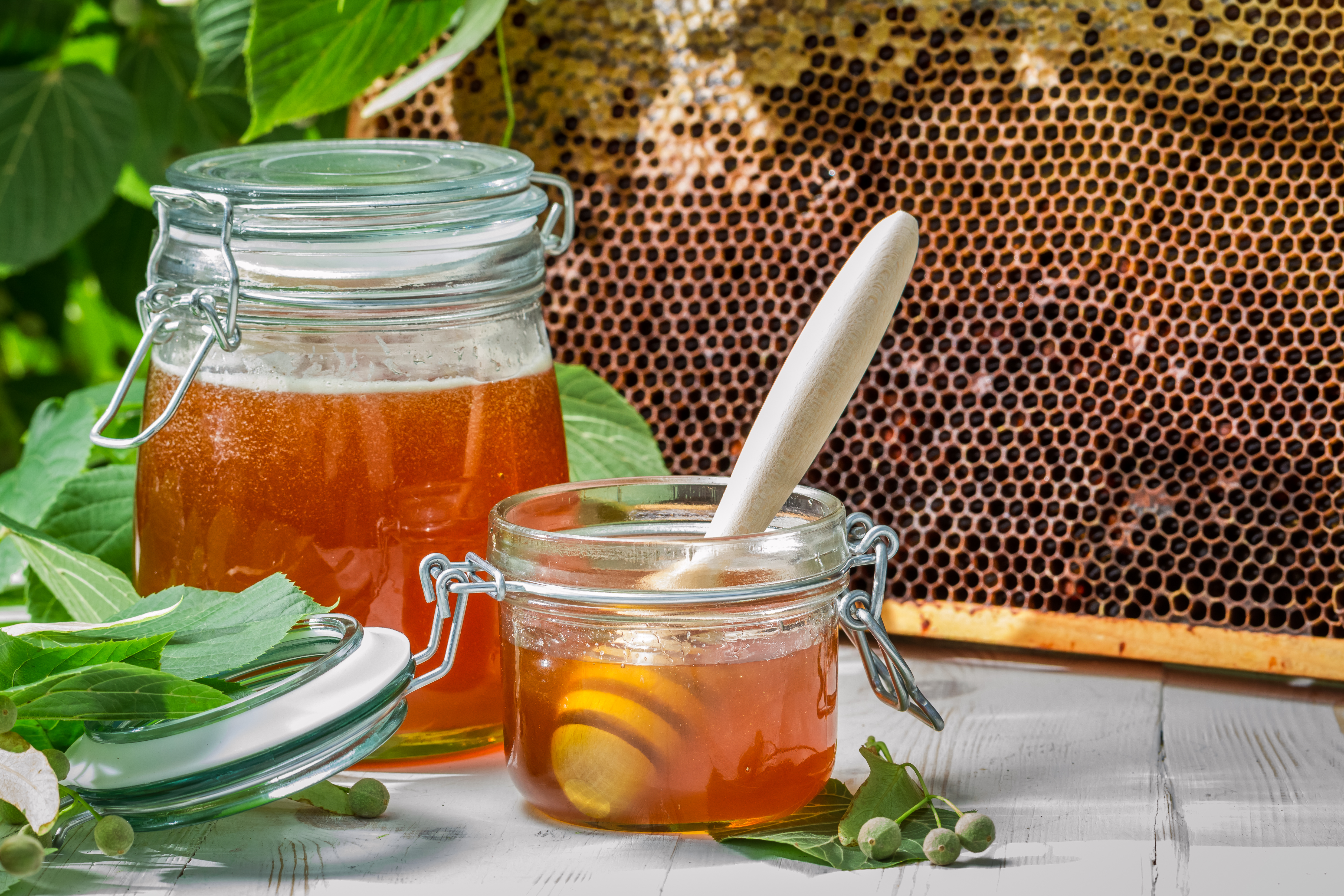
Honey, often referred to as liquid gold, is one of the most revered natural remedies for coughs. Its effectiveness is backed by scientific research, which highlights its antibacterial and anti-inflammatory properties. The viscous nature of honey helps to coat the throat, providing a soothing effect that can alleviate irritation and reduce coughing. Additionally, honey's natural sweetness makes it a pleasant remedy, especially for children over one year of age, who may be more sensitive to stronger-tasting alternatives. When consumed, honey works by forming a protective barrier in the throat, reducing the urge to cough. It also acts as a natural humectant, drawing moisture to the area and preventing dryness, which can exacerbate cough symptoms. For enhanced benefits, honey can be combined with other natural ingredients, such as lemon or ginger, each adding their own therapeutic properties to the mix. This combination not only boosts the effectiveness of the remedy but also enhances its flavor, making it a delightful and comforting option for those seeking relief from persistent coughs.
2. Ginger’s Anti-Inflammatory Benefits
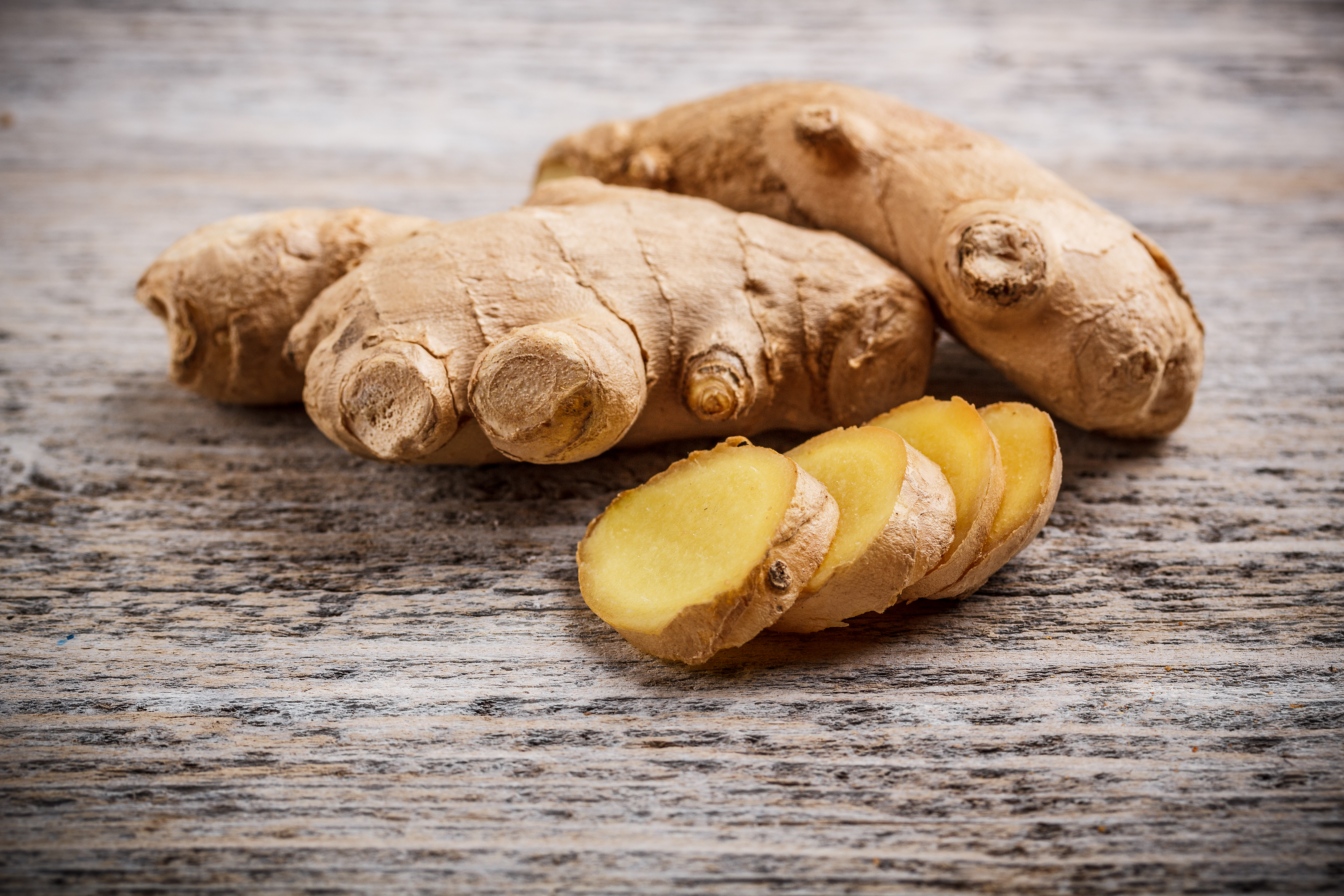
Ginger, a staple in many culinary traditions, is more than just a flavorful spice. It is renowned for its potent anti-inflammatory properties, making it an effective natural remedy for coughs. The active compounds in ginger, such as gingerol and shogaol, have been shown to relax airway muscles, reducing coughing and improving respiratory function. This makes ginger particularly beneficial for those suffering from coughs associated with respiratory infections or allergies. Incorporating ginger into your cough relief regimen can be as simple as brewing a warm ginger tea. By slicing fresh ginger root and steeping it in hot water, you create a soothing drink that not only helps to calm coughs but also provides a warming sensation that can be comforting during colder months. For added benefits, consider adding a spoonful of honey or a squeeze of lemon to your ginger tea. This not only enhances the flavor but also combines the therapeutic properties of all three ingredients, offering a powerful natural remedy that supports respiratory health and overall well-being.
3. The Citrus Boost of Lemon

Lemon, with its vibrant flavor and high vitamin C content, is another powerful ally in the fight against coughs. Its natural acidity helps to break down mucus, making it easier to expel and reducing the frequency and severity of coughing. Additionally, lemon's antioxidant properties support the immune system, helping the body to fight off infections that may be causing or exacerbating cough symptoms. A simple yet effective way to harness the benefits of lemon is to create a warm lemon drink. By squeezing the juice of a fresh lemon into a cup of hot water and adding a teaspoon of honey, you create a soothing beverage that can be sipped throughout the day. This drink not only helps to calm coughs but also provides a refreshing burst of flavor that can lift your spirits. The combination of lemon and honey also ensures that your throat remains well-lubricated, reducing irritation and promoting healing. By incorporating lemon into your natural cough remedy routine, you can enjoy both its health benefits and its delightful taste.
4. Turmeric’s Healing Properties
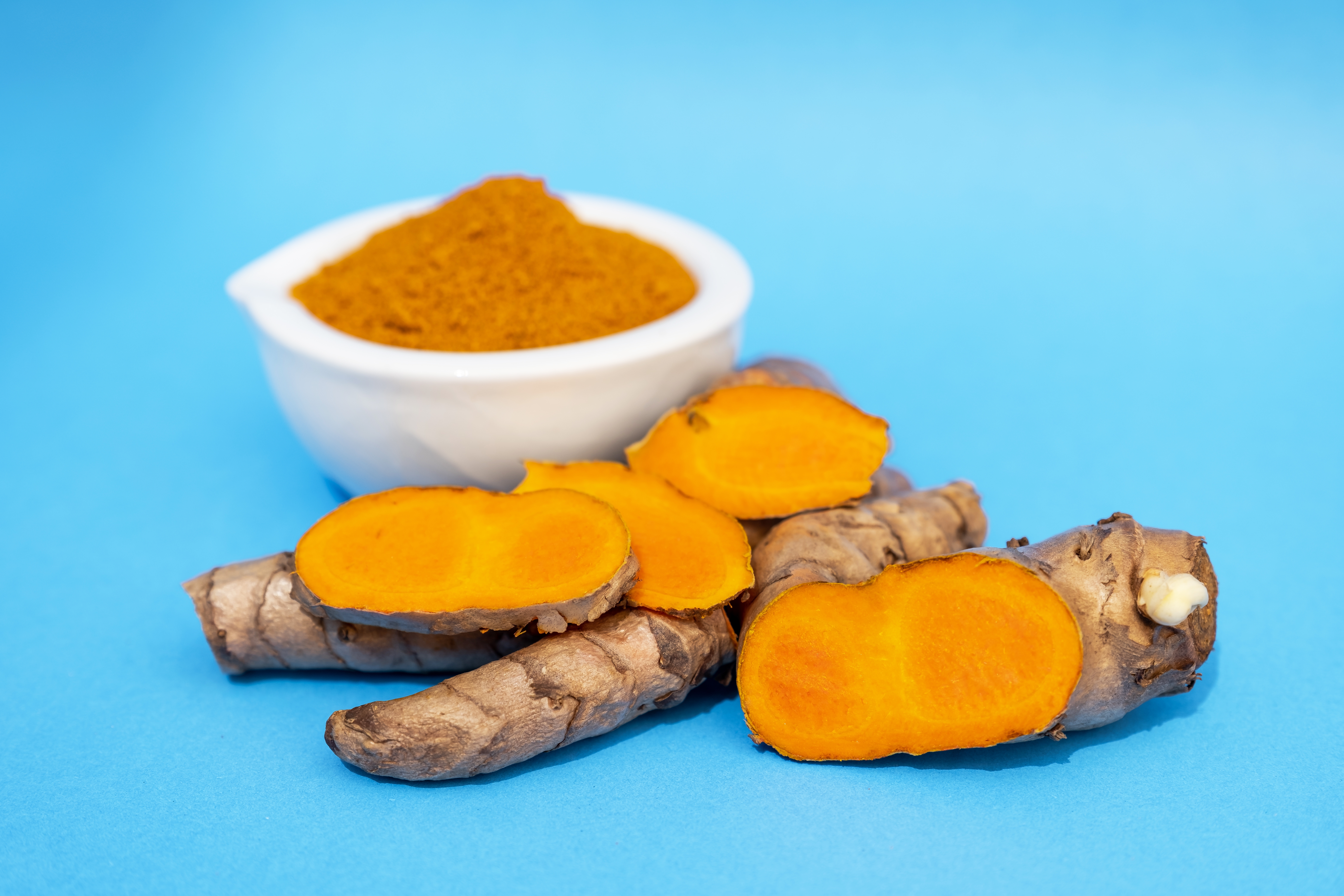
Turmeric, a vibrant yellow spice commonly used in Indian cuisine, is celebrated for its powerful anti-inflammatory and antioxidant properties. The active compound in turmeric, curcumin, has been extensively studied for its ability to modulate immune responses and reduce inflammation, making it an effective natural remedy for coughs. Turmeric's health benefits extend beyond its ability to soothe coughs, as it also supports overall respiratory health and boosts the immune system. To incorporate turmeric into your cough relief strategy, consider making a turmeric milk or "golden milk." This comforting drink is made by simmering milk with turmeric, black pepper, and a touch of honey. The black pepper enhances the absorption of curcumin, maximizing its therapeutic effects. This soothing beverage not only helps to calm coughs but also provides a warming sensation that can be particularly comforting during the colder months. By integrating turmeric into your natural remedy toolkit, you can enjoy its multifaceted health benefits while effectively managing cough symptoms.
5. The Comforting Warmth of Peppermint
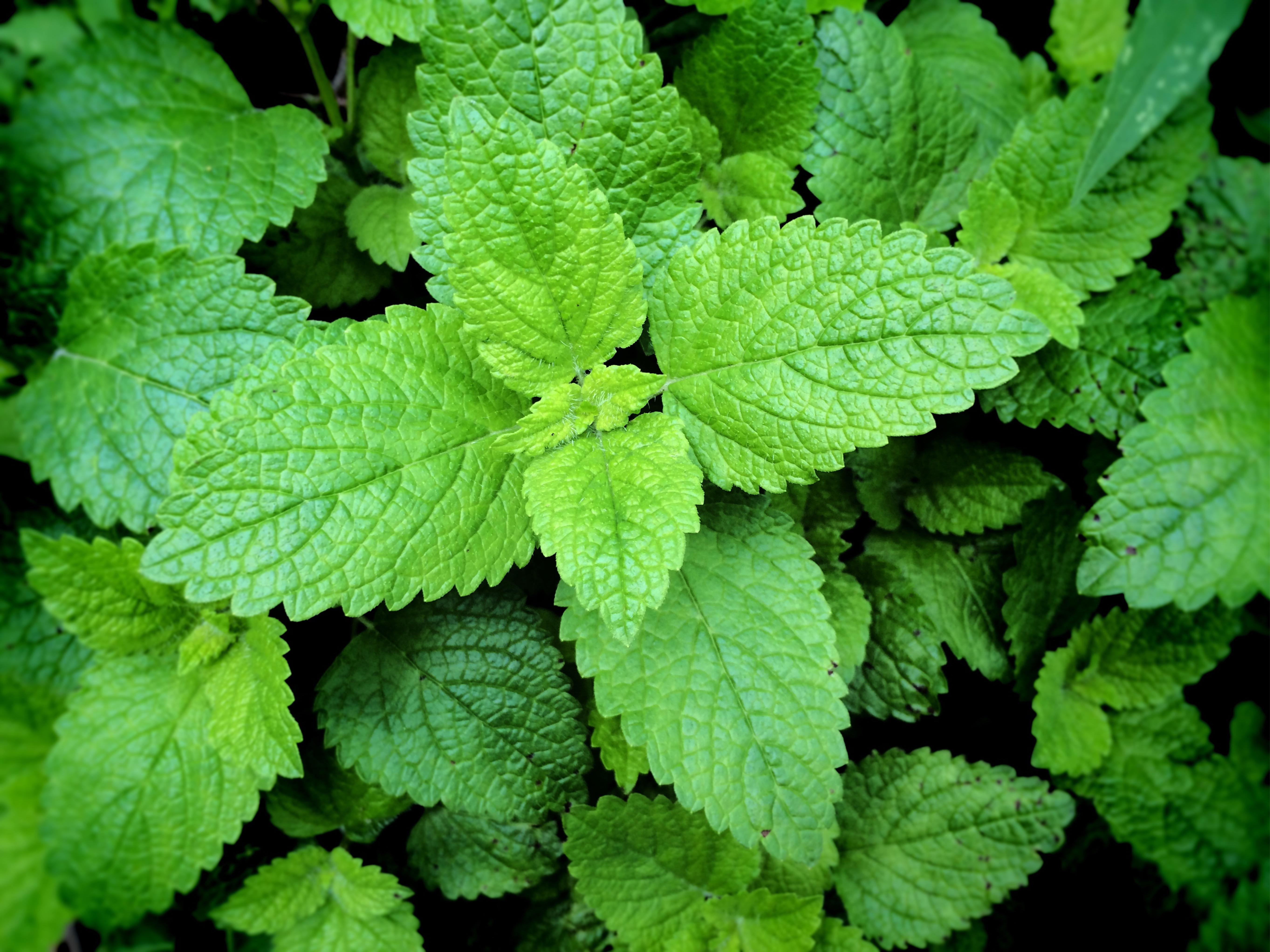
Peppermint, known for its refreshing aroma and cooling sensation, is an effective natural remedy for coughs. The menthol in peppermint acts as a natural decongestant, helping to clear the airways and reduce coughing. Additionally, peppermint's soothing properties can help to relax the muscles of the respiratory tract, making it easier to breathe and reducing the urge to cough. One of the simplest ways to harness the benefits of peppermint is to prepare a peppermint tea. By steeping fresh peppermint leaves or using a peppermint tea bag in hot water, you create a soothing beverage that can be enjoyed throughout the day. For added benefits, consider inhaling the steam from your peppermint tea, as this can help to open up the airways and provide instant relief from congestion. Peppermint can also be combined with other natural ingredients, such as honey or lemon, to enhance its flavor and therapeutic effects. By incorporating peppermint into your natural cough remedy routine, you can enjoy its refreshing taste and powerful health benefits.
6. The Moisturizing Effects of Steam

Steam inhalation is a time-honored remedy for soothing coughs and clearing congestion. The warm, moist air helps to loosen mucus, making it easier to expel and reducing the frequency and severity of coughing. Additionally, steam inhalation can help to soothe irritated airways, providing immediate relief from cough symptoms. To perform a steam inhalation, simply fill a bowl with hot water and lean over it, covering your head with a towel to trap the steam. For added benefits, consider adding a few drops of essential oils, such as eucalyptus or peppermint, to the water. These oils have natural decongestant properties that can enhance the effectiveness of the steam. Inhaling the steam for 10–15 minutes can help to open up the airways, reduce coughing, and promote overall respiratory health. By incorporating steam inhalation into your natural cough remedy routine, you can enjoy its soothing effects and support your body's natural healing processes.
7. The Hydrating Benefits of Warm Water

Staying hydrated is essential for maintaining overall health, and it plays a crucial role in managing cough symptoms. Drinking warm water can help to soothe the throat, reduce irritation, and thin mucus, making it easier to expel. Additionally, warm water can help to keep the body hydrated, which is essential for supporting the immune system and promoting healing. Sipping on warm water throughout the day can provide continuous relief from cough symptoms. For added benefits, consider adding a slice of lemon or a teaspoon of honey to your warm water, as these ingredients can enhance its soothing effects and provide additional therapeutic benefits. By prioritizing hydration and incorporating warm water into your natural cough remedy routine, you can support your body's natural healing processes and enjoy relief from persistent coughs.
8. The Immune-Boosting Power of Garlic
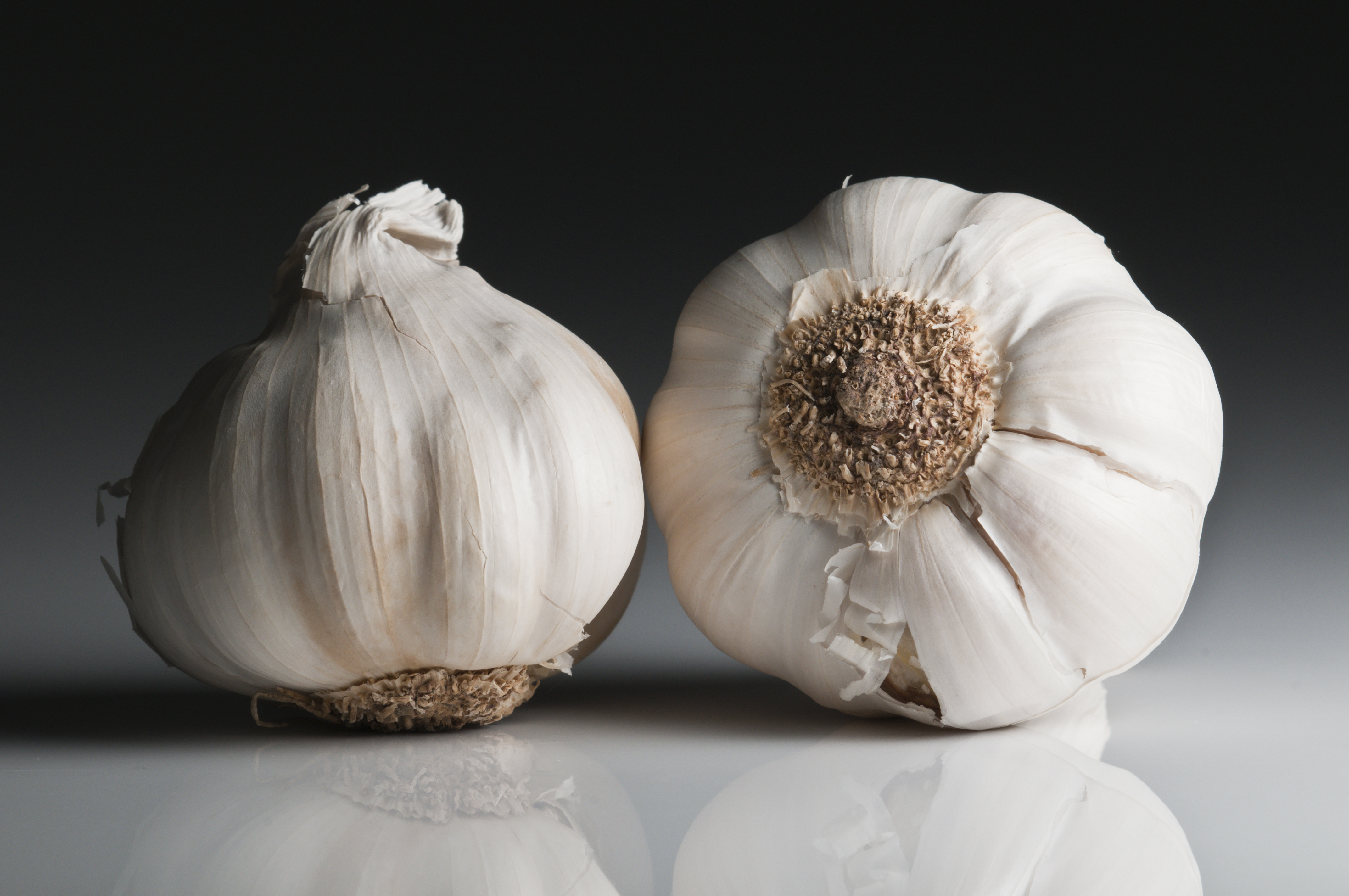
Garlic, known for its pungent aroma and distinctive flavor, is a powerful natural remedy for coughs. Its active compounds, such as allicin, have been shown to possess antimicrobial and immune-boosting properties, making it an effective option for managing coughs associated with infections. Additionally, garlic's anti-inflammatory properties can help to reduce irritation in the respiratory tract, providing relief from persistent coughs. To incorporate garlic into your cough relief strategy, consider adding it to your meals or consuming it raw. For a more targeted approach, try making a garlic-infused honey by crushing a few cloves of garlic and mixing them with honey. This combination can be taken by the spoonful, providing a potent remedy that harnesses the therapeutic properties of both ingredients. By integrating garlic into your natural remedy toolkit, you can enjoy its health benefits and effectively manage cough symptoms.
9. The Calming Effect of Chamomile

Chamomile, known for its gentle, calming properties, is an effective natural remedy for coughs, particularly those associated with stress or anxiety. Its natural sedative effects can help to relax the muscles of the respiratory tract, reducing coughing and promoting restful sleep. Additionally, chamomile's anti-inflammatory properties can help to soothe irritated airways, providing relief from persistent coughs. To harness the benefits of chamomile, consider preparing a chamomile tea. By steeping chamomile flowers or using a chamomile tea bag in hot water, you create a soothing beverage that can be enjoyed before bed to promote restful sleep. For added benefits, consider adding a teaspoon of honey to your chamomile tea, as this can enhance its flavor and therapeutic effects. By incorporating chamomile into your natural cough remedy routine, you can enjoy its calming effects and support your body's natural healing processes.
10. Licorice Root: Nature’s Soothing Elixir

Licorice root has been cherished for centuries in traditional medicine for its powerful soothing properties, especially for the throat and respiratory system. It acts as a natural demulcent, meaning it coats the mucous membranes, easing irritation and reducing the urge to cough. Additionally, its anti-inflammatory and antimicrobial properties make it particularly effective in combating respiratory infections that may be causing persistent coughs. To harness the benefits of licorice root, you can prepare a simple tea by steeping dried licorice root in hot water for 10–15 minutes. This herbal infusion not only calms coughs but also provides a naturally sweet and earthy flavor, making it enjoyable to sip. For added therapeutic effects, pair it with honey to amplify its soothing qualities. Licorice root can also be found in herbal lozenges and syrups, offering a convenient way to integrate it into your natural remedy routine.
Nature’s Remedies for a Healthier, Happier You

Incorporating natural remedies into your routine for managing coughs offers a holistic approach that not only addresses symptoms but also supports overall health and well-being. The ten remedies explored in this article—honey, ginger, lemon, turmeric, peppermint, steam, warm water, garlic, and chamomile—each offer unique benefits that can be tailored to individual needs and preferences. By understanding the properties and effects of these everyday ingredients, you can create personalized remedies that harness the power of nature to promote healing and comfort. As you explore these natural options, consider experimenting with different combinations to find what works best for you. Whether it's a soothing ginger tea with honey and lemon, a comforting turmeric milk, or a calming chamomile tea, these remedies offer a delightful and effective way to manage cough symptoms and enhance your overall health. By embracing the wisdom of nature and integrating these remedies into your daily routine, you can enjoy the benefits of natural healing and transform your approach to health and wellness.
